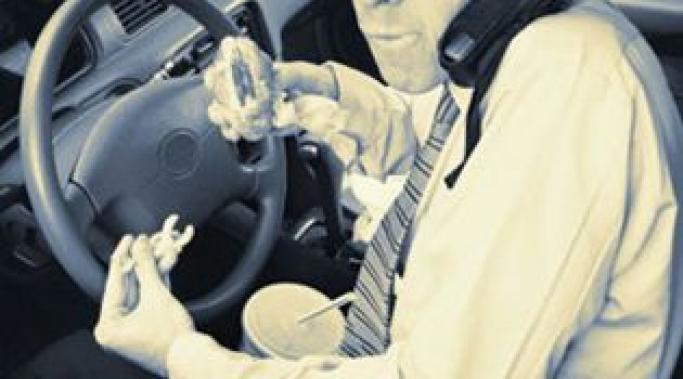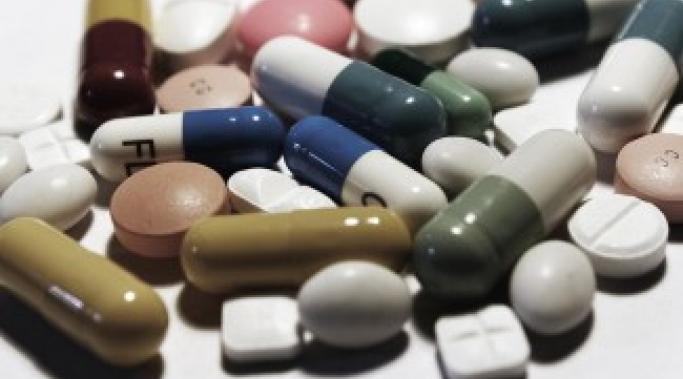Blogs
As a sexual assault survivor, I have an interest in cases of rape that make the news. Recently, here in Indianapolis, a man was convicted of several sex offenses, including rape. But there was no justice--the male judge looked at the victim and told her she had to forgive her attacker and move on, then sentenced her rapist to eight years of house arrest.
That judge has no idea what he asked her to do. But it raises an important question: Can we forgive when there is no justice?
I’m a depressed person, or, if you like, I’m a person you suffers from depression. And, of course, I’m a person that writes and speaks about depression – a lot. So someone recently asked me, “Doesn’t talking about depression all the time make you more depressed?”
Well, it depends on your perspective.
Being recently diagnosed with, or even facing a possibility of, Alzheimer’s disease can be one of the scariest and emotionally overwhelming times in a person’s life. Once everyone has come to terms with the Alzheimer's diagnosis and worked through the initial shock, there are things that need to be done so that you will know what to expect and help minimize the amount of issues that may arise.
Jerome et al released a study in 2006 titled What we know about ADHD and driving risk. The study was a meta-analysis, which means that it took the results from many studies and boiled them down to a single clinical bottom line. The meta-analysis showed that those of us with adult attention-deficit/hyperactivity disorder (ADHD) are, indeed, at far "higher than normal rates of negative driving outcomes." This doesn't mean we have higher rates of accidents, exactly, but can include citations, speeding tickets and the like. What do we do?
My Mom is 88 years old. She loves me. She worries about me. Almost every time we talk she asks me, "Are you still on your depression meds?" I respond patiently, because I know she probably doesn't remember me saying this to her dozens of times in the past. "Yes, Mom. I'll be on my medication likely for the rest of my life." She nods. She understands. For now. Until the next time she asks.
Do you feel accepted by others? Are those in your life supportive? Do you have a strong inner circle of friends? When life has you down, do those you thought would have your back come through? Do you have an authentic sense of belonging?
For those who struggle with self-harm, emotions are often intense. When you’re in a positive, safe place, you tend to feel as if you will always have the strength to push past those daily stressors. When worried or anxious, your body goes into hyperactive mode, thinking that a small cut or burn may turn off the paranoia. For those who self-harm, anger can be one of the most frightening feelings of all because when you feel this emotion, it is hard to stop yourself from harming your body.
It can be difficult controlling unsteady emotions, especially for those with mental illness. Emotions play a huge role in overcoming the need to self-harm. Once you find ways to effectively control your emotions, you may find it easier to control the urges to cut or burn or pick.
The end of the school year can be exciting and anxiety producing. Help your child feel confident as the school year comes to a close with these helpful suggestions and confidence boosting tips.
Last Tuesday I called Tom, my husband of nearly 24 years and our family’s stay-at-home parent, and asked him to pick me up some bandages for a blister on my heel at the pharmacy. He groaned at me. “Sure,” was his reply in a half whine, half frustrated tone. “I haven’t been to the pharmacy in what, 12 hours. They’re probably wondering what’s happened to me.”
Tom continued his rant, telling me he feels like Norm from Cheers when he walks into the building, and he swears the pharmacist knows our phone number by heart. I thought he was exaggerating until Friday when Tom asked me to stop and pick up a new medication for Tim on my way home from work. When I got to the pharmacy counter and asked for a prescription for Tim Hickey, the pharmacist said, “Where’s Tom?” It took me a few seconds to pick my jaw up off the counter and politely answer that he was at home and no ill had befallen him.
Eating disorders make for very poor travel companions on road trips. I found this one out the hard way. If you take an eating disorder out of its natural habitat, it is going to freak out. Usually, one of two things happens: (1) you throw caution to the wind for the duration of the trip and eat everything (been there) or, (2) you are so anxious about the changes that you restrict further (been there, too). Either way, it's not much fun. And vacations are supposed to be fun.









